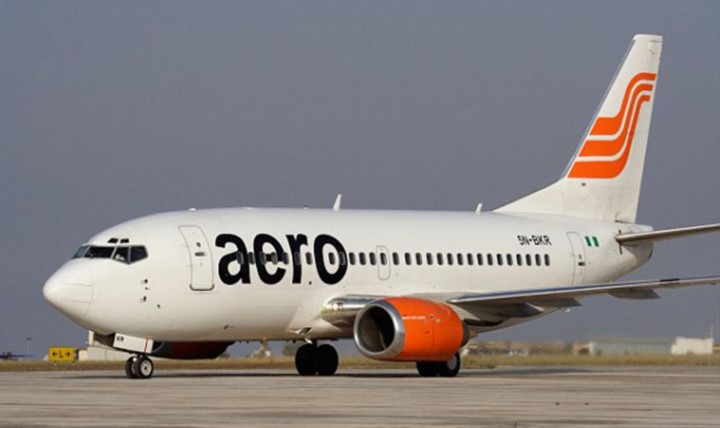At the recent Aviation Africa Summit, Nigerian carrier Aero Contractors stepped into the spotlight—not for new routes or aircraft acquisitions, but for something more technical yet equally transformative. The airline unveiled its upgraded Maintenance, Repair, and Overhaul (MRO) capabilities, a move that could reshape how African airlines manage safety, costs, and reliability.
For years, African carriers have spent heavily flying aircraft abroad for major checks, driving up expenses and prolonging downtimes. By improving its in-house MRO facilities, Aero Contractors is positioning itself as part of the solution to a long-standing gap in the continent’s aviation ecosystem.
Maintenance, Repair, and Overhaul services form the backbone of aviation safety. Every commercial aircraft undergoes stringent checks, from daily inspections to heavy structural overhauls. Traditionally, African airlines have relied on European, Middle Eastern, or Asian facilities for these complex services.
This dependence has been both costly and inefficient, locking African airlines into cycles of long turnarounds and foreign exchange pressure. By showcasing its expanded capabilities, Aero Contractors is signalling that Africa can start reducing reliance on offshore expertise.
Potential Ripple Effects
The implications go beyond Aero Contractors itself. If the airline can deliver world-class MRO services, it could attract business from other African carriers, turning its facility into a regional hub. That would not only generate new revenue streams but also keep maintenance-related spending within the continent.
For regulators, the upgrade presents an opportunity to strengthen Nigeria’s standing in global aviation. Improved facilities mean more jobs, better training, and safer skies—elements that ripple into tourism, trade, and national pride.
Passengers may also feel the benefits indirectly. Faster maintenance cycles could translate into fewer grounded aircraft, fewer cancellations, and more consistent schedules.
Africa’s MRO market is valued at over USD 1.6 billion in 2025, with expectations to reach USD 2 billion by 2030, according to industry reports. This steady growth underscores both the demand and the urgency for local solutions.
Aero Contractors’ decision to spotlight its capabilities at the summit wasn’t just symbolic—it was strategic. By engaging international and regional stakeholders in one space, the airline sought to demonstrate readiness to serve a broader market.
Challenges on the Horizon
Still, questions linger. Building and sustaining world-class MRO capacity is resource-intensive. The cost of spare parts, certification processes, and the need for highly trained engineers remain significant hurdles. International airlines will only entrust aircraft maintenance to facilities that meet strict global standards, which means Aero Contractors will need to prove not just ambition, but consistency.
There is also the broader question of whether other African carriers and governments will support such initiatives or continue outsourcing maintenance abroad. Without regional cooperation, one facility’s upgrades may not be enough to shift the balance.
Why it Matters
Aero Contractors’ upgraded MRO facility is a timely reminder that Africa’s aviation story is not just about new aircraft or routes—it is also about building the infrastructure to sustain them.
If managed well, this development could become a cornerstone for self-reliance, keeping aviation dollars on the continent while raising industry standards. But if it stalls, it risks becoming another well-intentioned project that fades quietly into the background.
For now, Aero Contractors has issued a challenge: that Africa can maintain its own aircraft and control its aviation destiny. The question is whether the wider industry will embrace that vision.
Talking Points
Africa has long depended on foreign facilities for aircraft maintenance. This dependency mirrors the continent’s digital economy, where data, software, and platforms are largely controlled by foreign giants. Just as hosting MRO at home keeps money and skills within Africa, building local tech infrastructure would do the same for our digital future.
Every time an African airline sends a plane abroad for checks, scarce foreign exchange bleeds out. The same happens when governments spend on imported software or when startups host data abroad. If Aero’s move is taken seriously, it’s a lesson for policymakers: retaining technical capacity is as vital as building runways or laying fiber-optic cables.
It’s easy to clap for Aero’s showcase, but if other carriers continue outsourcing maintenance, the upgrade risks becoming symbolic rather than transformative. This echoes the digital economy where African governments attend summits, pledge “digital independence,” but still sign contracts that hand control back to foreign firms. Symbolism without follow-through won’t change the status quo.





